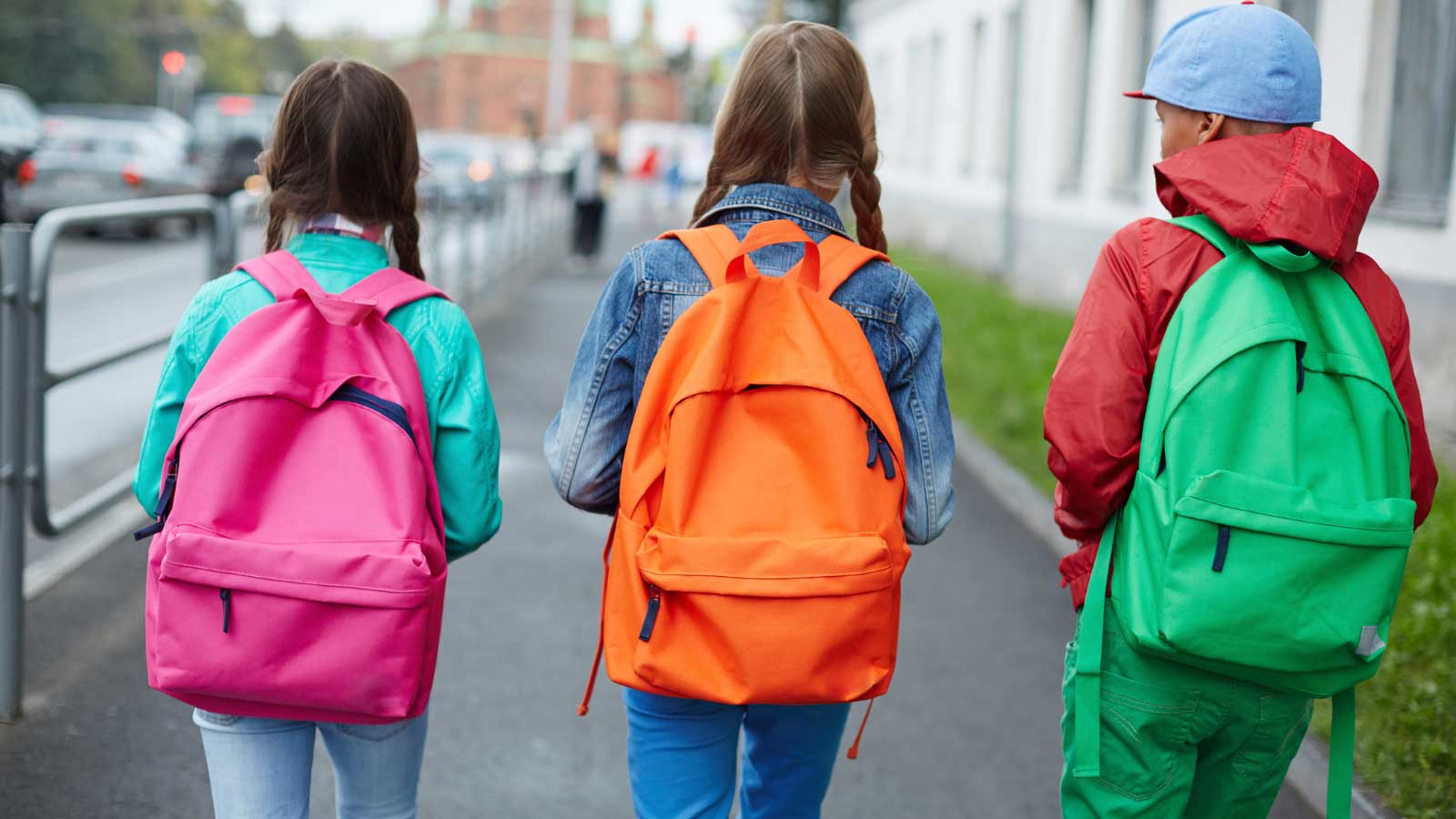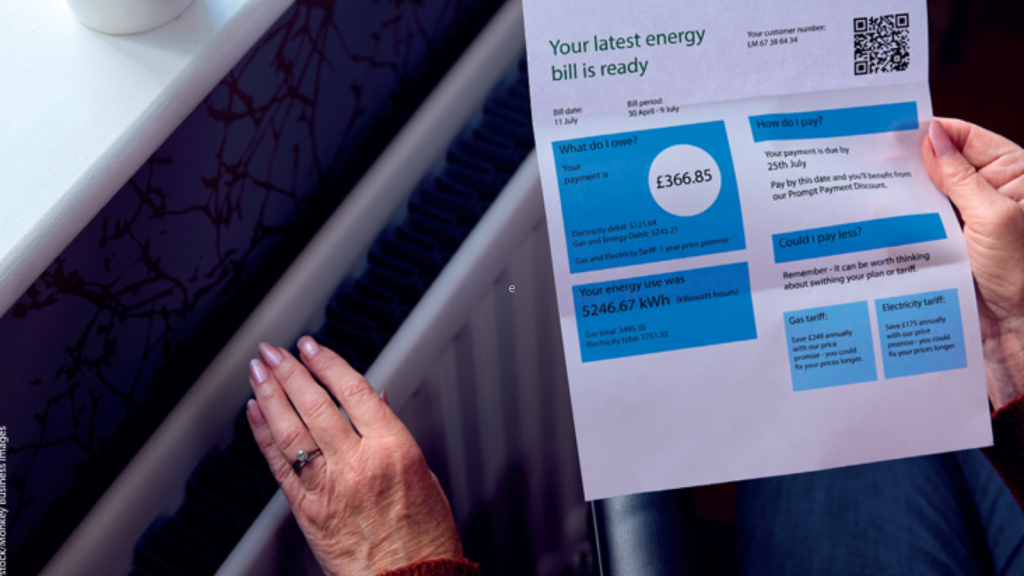For the 37th consecutive year, Familles de France has carried out its annual survey on the cost of the start of the new school year for a child entering secondary school.
The aim of this survey is threefold:
- To follow the evolution of the cost of the start of the school year over the years in all physical distribution channels (hypermarkets, supermarkets, and specialised shops) and digital distribution channels (e-commerce);
- Advising families on the purchase of school supplies;
- To ensure that the items are good value for money.
In July 2021, volunteers of Familles de France checked the prices of back-to-school items in their respective towns and in each distribution channel, according to a pre-established standard list made up of 45 school items distributed as follows:
- 17 stationery or filing supplies (notebooks, folders, etc.)
- 25 non-paper supplies (kit equipment, school bag, calculator, etc.)
- 3 sports items (a jogging suit, a pair of sports shoes, two pairs of socks)
Familles de France notes an increase of 1.04% in the cost of supplies for a pupil entering secondary school, reaching €199.34.
This cost is increasing overall in all physical distribution channels as follows:
+0.61% in hypermarkets for an average cost of €192.05,
+3.07% in supermarkets for an average cost of €195.48,
+0.80% in specialised shops for an average cost of €224.68.
However, the cost of online distribution fell by 1.79% to an average of €204.11.
By item of supplies, Familles de France notes an increase of 4.34% for stationery and an increase of 0.76% for sporting goods, while non-stationary supplies have fallen by 0.42%.
Concerning the back-to-school allowance (ARS), Familles de France firmly defends this system, which is more than ever useful to families in this context of impoverishment, while proposing ways to improve it:
- Proposal 1: Adjust the amounts more precisely in order to better meet the needs of families,
- Proposal 2: Extend the ARS from the age of 3,
- Proposal 3: Maintain the cash payment.
Familles de France also welcomes the creation of the Pass’Sport and Pass’Culture, national supports for young people, dedicated respectively to encouraging sports and cultural activities.
For the start of the 2021 school year, Familles de France is also raising families’ awareness of the risks to children’s health and the environment associated with the composition of certain materials. It invites families to find their way around, in particular thanks to the labels, in order to integrate the health and environmental criteria into their purchasing decisions.
Familles de France provides a number of purchasing tips, such as choosing a school bag with the advice of a health professional. Solidarity initiatives to reduce the cost of the new school year, such as bartering and collecting supplies, group buying or buying packs, are also detailed.
Finally, in its report Familles de France analyses the new COVID-19 health protocols for this back-to-school period, which is placed under the sign of presence onsite and not online, as well as the main budgetary prioirities of the National Education system.
See full report here (in French).
Photo: ©shironosov via Canva.com





